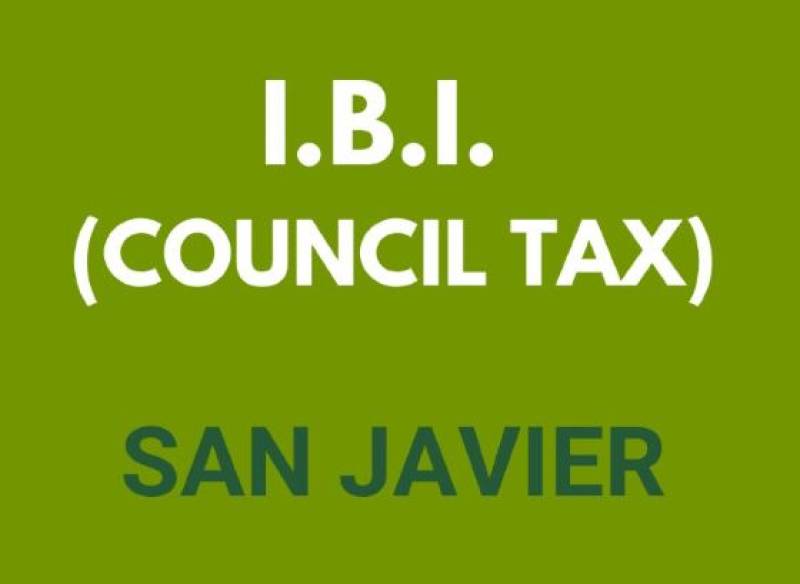
To be listed on the haciendadelalamo TODAY MAP please call +34 968 018 268.
European Union rules that Spanish Inheritance Tax practices are illegal
The European Court of Justice orders Spain to change inheritance tax laws
The implications of this are huge for those who may already have paid inheritance tax at the “international rates”.
 Expats who have chosen to move to Spain are often unaware of the complexities which can arise if they fail to make adequate provision to deal with basic financial planning issues in the eventuality of death or serious illness, the complexities of the Spanish legal system a minefield for those who decide not to take professional advice.
Expats who have chosen to move to Spain are often unaware of the complexities which can arise if they fail to make adequate provision to deal with basic financial planning issues in the eventuality of death or serious illness, the complexities of the Spanish legal system a minefield for those who decide not to take professional advice.
One issue which causes untold confusion is that of inheritance tax, due to the complex set-up for inheritance tax management and collection in Spain.
The governmental system in Spain is at the heart of the problem, as although there is a central Spanish government in Madrid, there are also 17 “regional” or local governments as well, one for every one of the individual autonomous communities into which Spain is divided.
The regional governments manage and collect inheritance taxes at local level, and as each local government has widespread powers to run its own regional government, inheritance taxes can vary considerably between the different autonomous communities, meaning that where you live in Spain is important as it can dictate the amount paid in inheritance tax.
However, wavering or reducing the inheritance taxation levels is only done in cases where the beneficiaries heirs) and donees are local residents, with a personal or material connection with an Autonomous Community, and in the case where non-resident nationals are involved, ( ie the heirs of an estate are in the UK for example) national taxation levels are applied, meaning that foreigners pay considerably higher inheritance taxation rates as there are virtually no allowances for non-residents.
There is a huge disparity between the two levels of taxation: local beneficiaries pay virtually no tax, whereas non -residents are facing taxbills in the range of 15% to 40% of the value of property and assets.
For a country such as Spain, which has one of the highest percentages of non-Spanish nationals living in the country ( 14% of 46 million) this means lucrative income for the autonomous communities as many of the beneficiaries are abroad and are therefore taxed at full tax rates, a situation which has sparked official protest by the European Commission.
In 2010 the European Commission told Spain that it must change its inheritance legislation, but after failing to achieve a result, took Spain to the European Court of Justice.
On Wednesday the Luxembourg-based European Court of Justice ruled that Spain is in breach of European Union treaties by levying higher inheritance tax rates if the deceased or recipient was a non-resident of Spain, deeming that the current practices were illegal and discriminatory.
The verdict highlights that in an inheritance or donation where there is an heir or donee, or a deceased or donor, who does not reside in Spain, or even a donation or state that is represented by real estate located outside Spain, they
- ‘will not be entitled to tax advantages which are only applied if there is a connection with an Autonomous Community, and must therefore bear a higher tax burden compared to those inheritances or donations whereby the parties are all residents or which are only represented by real estate located in Spain’.
This is a very important point because it also affects those inheritances which contain assets placed outside Spain but with the deceased having had his last tax residence in Spain.
- ‘As they cannot benefit from the said tax advantages, the value of such inheritance or donation will be reduced. According to Court of Justice Case law, such reduction becomes a restriction in the free movement of capital’ the verdict highlights.
Therefore, the ECHJ declares that
- ‘The Spanish legislation represents a restriction on free movement of capital, initially forbidden’ by the Treaty.
According to this verdict, such restriction is not justified because
- ‘there is no difference between the objective status of a resident and that of a non-resident that can sustain such a distinction in treatment, because the Spanish Inland Revenue regards them as tax payers when they are subject to Inheritance Tax for all the real estate located in Spain, regardless of where they reside’.
Both central and regional governments will, unquestionably, have to now review the regulations related to this tax (tax allowances, deductions and applicable tax rates) in order to comply with the judgement passed. It might just be that, in the short term, the reaction will be to remove this discrimination by eliminating all tax advantages for residents. This would represent an increase in tax yields but will not represent any advantage to the potential heirs who can benefit from this ruling.
The most likely scenario, in the medium term, is that this judgment will call for a thorough review of the current system which taxes the acquisition and ownership of real estate in Spain. These taxes are the main source of income for the Autonomous Communities (Regions) in Spain. Both taxes have a huge impact on the property market because the costs associated with purchasing a property include a tax that goes from 8% to 10 % for resale properties and 10% VAT + Stamp duty at 1.5% for newly built properties.
In the case of an owner who has passed away, with one property in Spain that the heirs might want to sell to a keen buyer, the average tax burden, including Inheritance Tax and Transmission Tax can come to represent not less than 25% and up to 35% or even more of the value of the property. All of this without taking into account the increase of the value of the property which is taxed separately. This is a heavy burden on any transfer of property and does not at all help the recovery of the property market.
One of the most neutral and beneficial alternatives that is being considered would be, to reduce the tax on Inheritance and Transfer Tax but, in return, increase the annual levy known as I.B.I. which taxes real estate ownership. This would certainly have a positive impact on the international property market and encourage sales.
As to the immediate effects this judgement can bring, and with reference to those tax payers who have paid taxes that might now be subject to revision, it is obvious that many claims will be filed in order to recover amounts paid in excess due to Spanish legislation being declared illegal.
Those who believe that they have a case for over-paying inheritance taxation should consider starting legal action at their earliest convenience.
This is a complex issue that should be dealt with by a specialised tax and legal advisor.
































